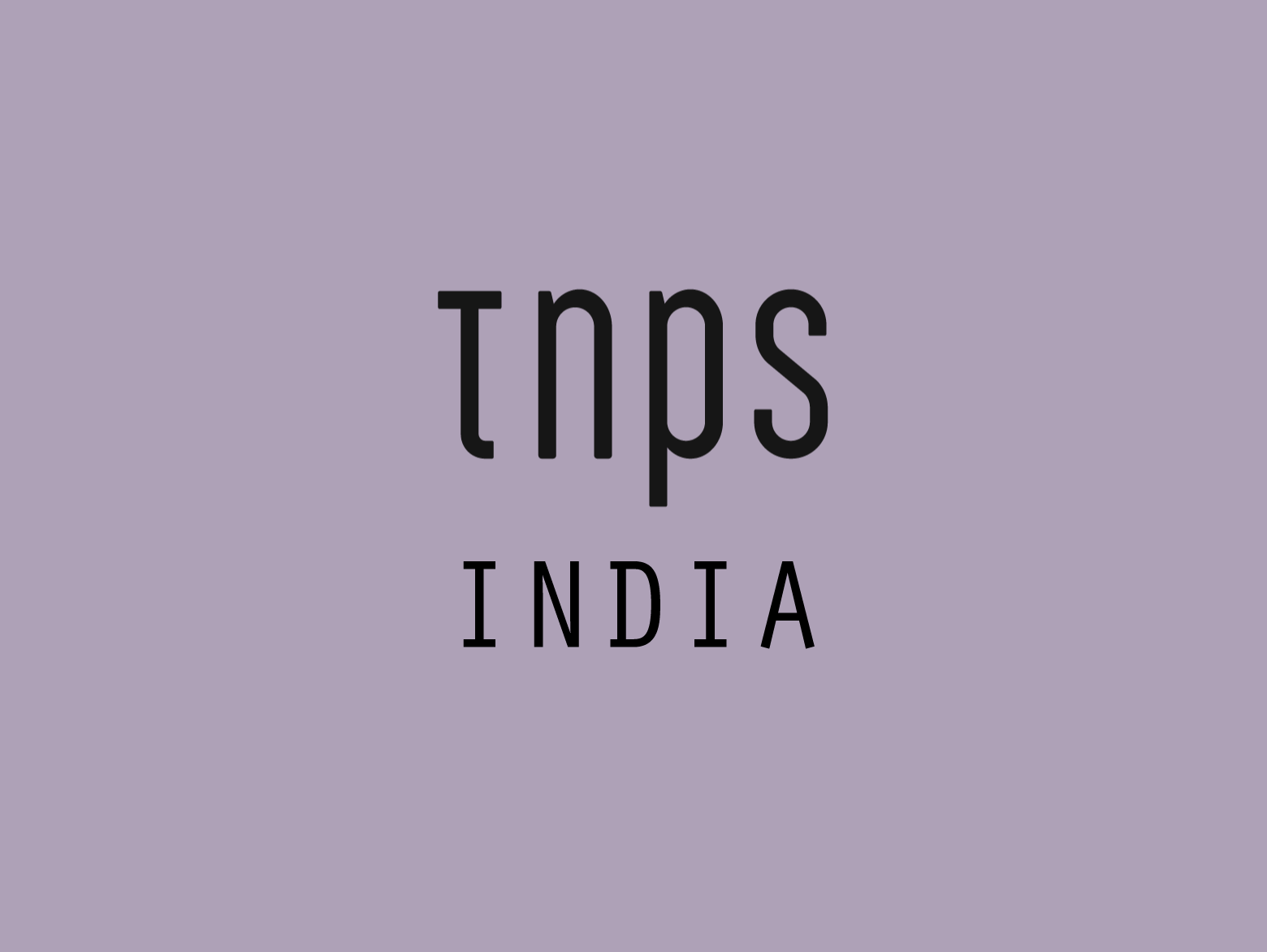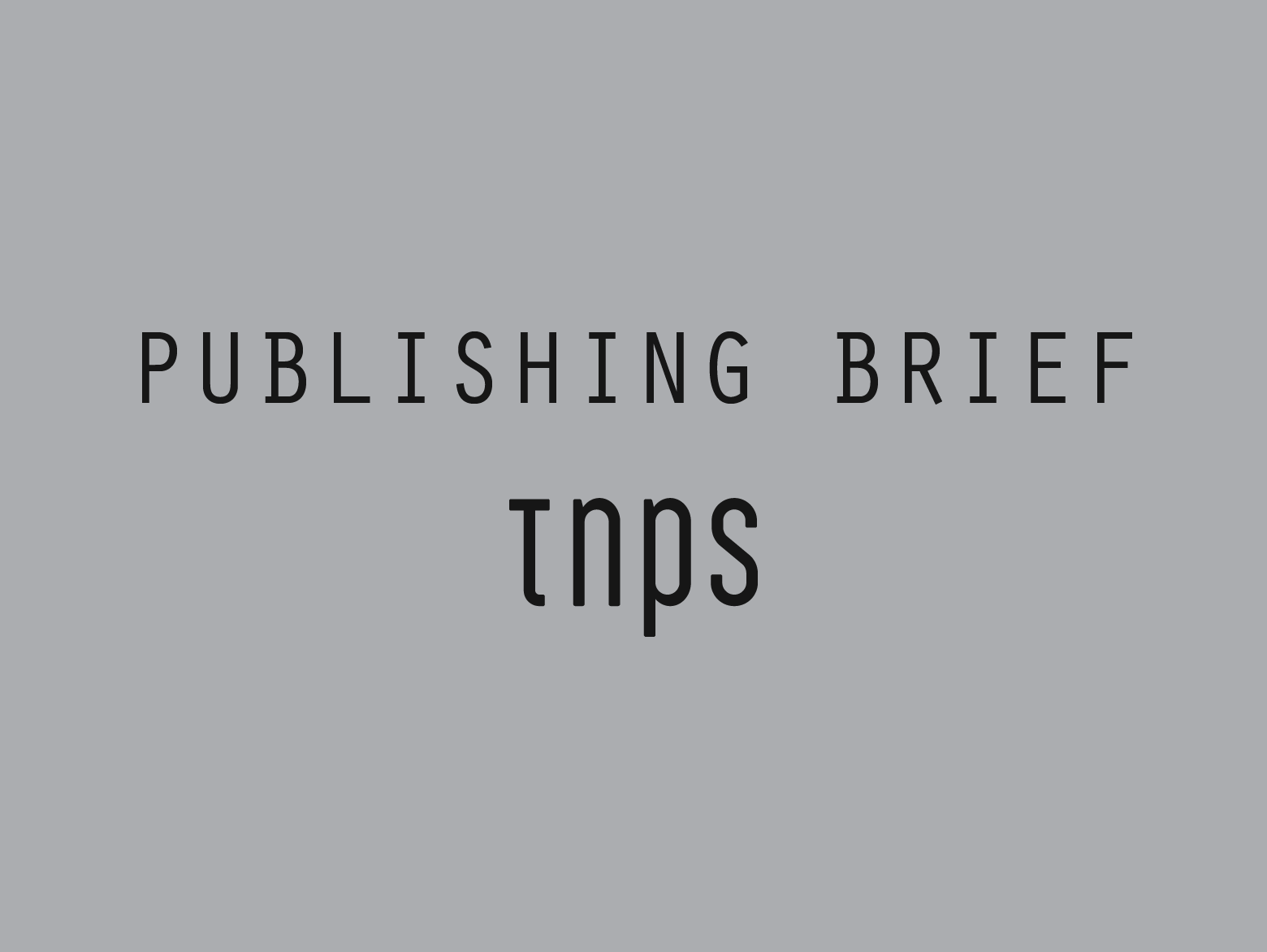The Hindu Young World-Goodbooks Awards 2019 are open for submissions, but as so often with these awards the prize is off-limits to any authors who aren’t backed by a traditional publisher.
Excellence in writing, illustration and publishing will be recognised,
says The Hindu, explaining the awards will also,
acknowledge innovative publishing trends. The awards are the first in India to recognise different genres in children’s publishing and to reward authors and illustrators for their invaluable contribution.
But if you self-published, no matter how good the work, the jury won’t get the chance to consider the work because The Hindu’s rules forbid it.
The jury (which) will announce a shortlist by November 15, 2018 … will comprise an independent panel of experts, who will select books entirely on merit.
Goodbooks and The Hindu Young World will take no part in the jury’s deliberations, except to help determine the eligibility of a submission in conjunction with the guidelines.
At which point the “entirely on merit” clause goes out of the window because the guidelines state,
Self-published books and digitally published books will not be considered.
Perhaps The Hindu is unaware that some of India’s most respected bestselling authors began their careers by self-publishing. Amish Trapathi’s The Immortals of Meluha, for example, which has over 2,300 reviews on Amazon India and is now re-published by Amazon-owned Westland, was first self-published by Trapathi.
Of course, ignoring self-published titles is not something exclusive to The Hindu. Sadly it happens with many major literary awards in the western publishing world too.
But it seems to me if an award that excludes potential talent on the grounds of the publisher’s status or the format the book is published in, cannot in all seriousness claim to be awarding the prize based
entirely on merit.





